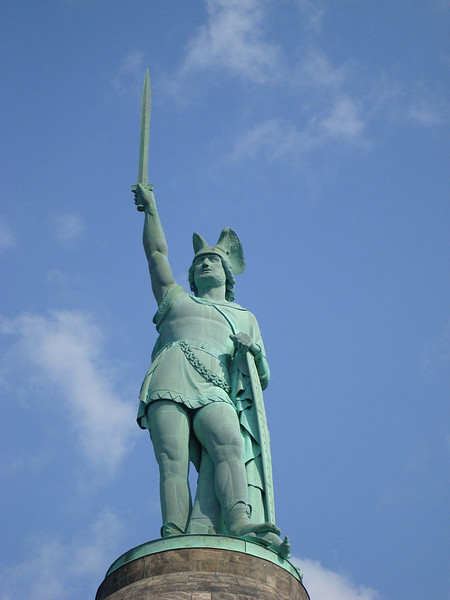


(15) It is not the effort of the author necessarily to offer exegetical evidence for the doctrines taught in Arminian theology however, the goal is to provide information for the sake of clarity. Olson’s desire is to inform readers of the misunderstandings of classical Arminian theology and to offer a corrective. The thesis of Arminian Theology: Myth and Realities stays true to its title. Among his various publications include, The Story of Christian Theology: Twenty Centuries of Traditions and Reform, The Mosaic of Christian Belief: Twenty Centuries of Unity and Diversity and The Westminster Handbook to Evangelical Theology. He received his PhD from Rice University and is a well recognized historical theologian and advocate of Arminianism. Truett Theological Seminary of Baylor University in Waco, Texas. Olson is professor of theology at George W. Arminius is simply one expression of what we might call the Erasmian or semi-Pelagian tendency in Christian theology throughout the history of the church.Olson, Roger E. The book itself states that he did not directly influence any later theologians. The seventeenth-century Remonstrants, who looked back to him as a hero, departed from him radically in the direction of Socinian or Enlightenment thought. He did not originate a school of theology or inspire followers who continued or refined his thought. He published almost nothing during his lifetime and did not present anything that was creative, novel, or innovative in his theology. But by almost any other criteria the book itself seems to acknowledge that he was not very important. The book certainly shows that Arminius was a bright and erudite theologian. It may seem obvious that Arminius is a very important theologian in that he gave his name to a large, influential branch of Protestant soteriological thought. In particular the book presents at great length Arminius's criticism and rejection of supralapsarianism, but never asks if Arminius's emphasis was appropriate since supralapsarianism was a minority point of view among the Calvinists.įifth, while the book presents the basic aspects of the theology of Arminius clearly and helpfully, it does not ultimately address the question of the significance of Arminius as a theologian. 181) of Reformed theology, but Calvinists always seem always unfair to him. Arminius seems always to give the "fair implications" (p.

179), or responsibility for the "Enlightenment rationalism and doctrinal latitudinarianism" of the Remonstrant church in the latter part of the seventeenth century (p. Yet they rather easily dismiss Calvinist criticisms of the implications of Arminius' thought, whether on subordinationism (p.

Little analysis is given to the fairness of Arminius's often repeated and biting criticism that unconditional predestination logically makes God the author of sin (see for example p. Third, our authors note that Arminius was often more the critic than the constructive theologian: "Arminius's major treatises that deal with predestination give much more attention to what he opposes than to what he proposes" (p.


 0 kommentar(er)
0 kommentar(er)
